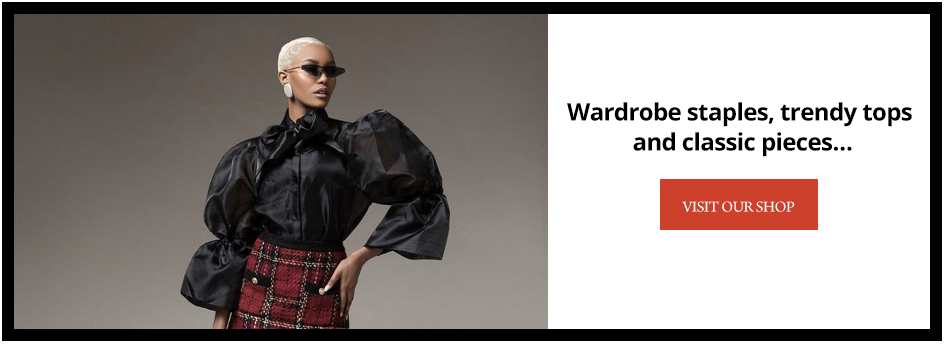The Biggest Retinol Myths You Should Stop Believing Now
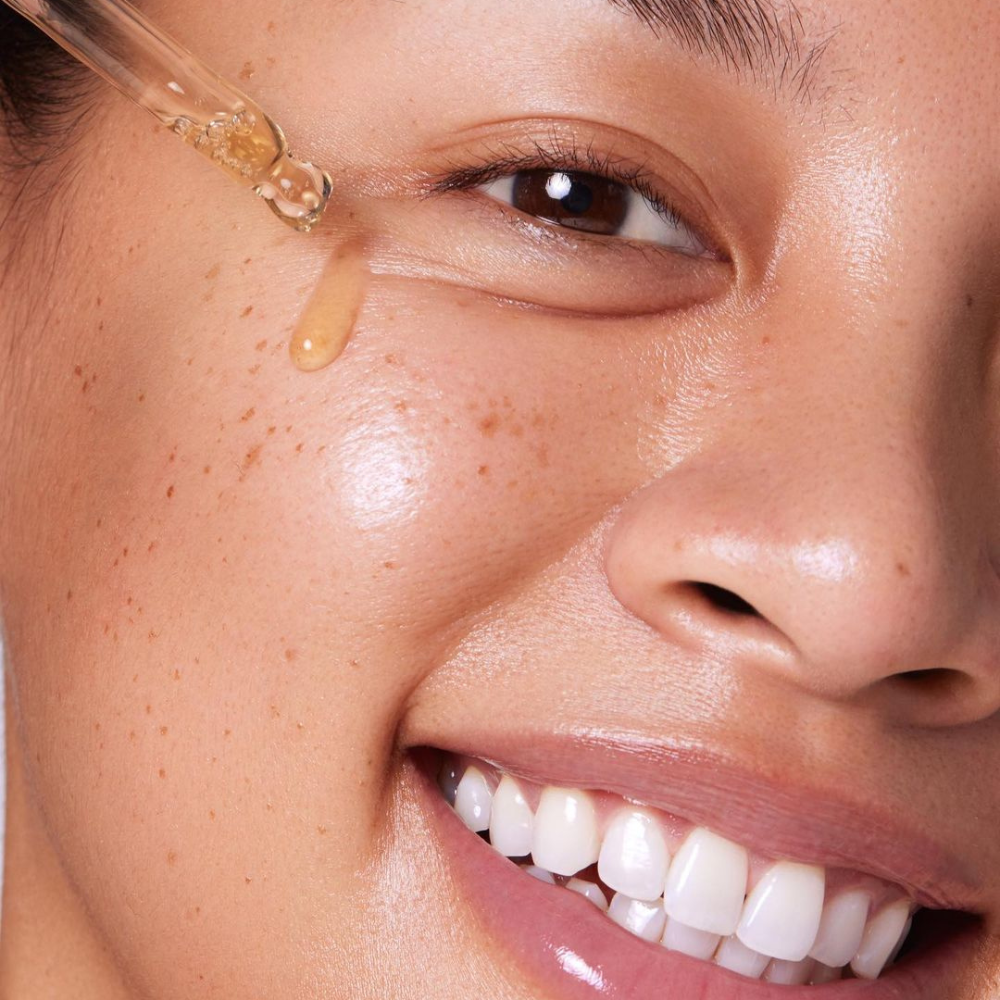
A creative writer with a voracious appetite for fashion, beauty,…
R
etinol, the wonder ingredient that promises to reduce wrinkles and boost collagen production, has been a staple in skincare products for decades. But with so much conflicting information, it can be hard to separate fact from fiction. It’s necessary to debunk the biggest retinol myths and set the record straight on this powerful anti-aging ingredient. Like other skincare ingredients, knowledge informs adequate decisions.
What is retinol?
Retinol is a form of Vitamin A that has been widely used in skin care products for decades. It is known for its ability to improve the appearance of fine lines and wrinkles, reduce acne, and even out skin tone. However, there are many misconceptions surrounding retinol that can discourage people from using it or cause them to misuse it.
I can still recall how these misconceptions prevented me from taking a High-Dose Retinoid Serum a dermatologist had recommended to me. But this dermatologist convinced me of its significance, so I gave it a shot. Your guess is as good as mine–it paid off.
Let’s take a swipe at these popular myths about retinol…
Myth #1: Retinol will make your skin peel and flake

One of the most common misconceptions about retinol is that it could cause your skin to peel and flake. However, this is not the case. Retinol stimulates cell turnover and collagen production, which can lead to a slight shedding of the top layer of skin. This is completely normal and should not be a cause for concern.
“Retinol can cause some initial dryness and flaking, but this usually subsides within the first few weeks of use,” says Dr. Jeanine Downie, a board-certified dermatologist. “Using a gentle, fragrance-free moisturizer can help minimize these side effects.”
Myth #2: Retinol is only for mature skin
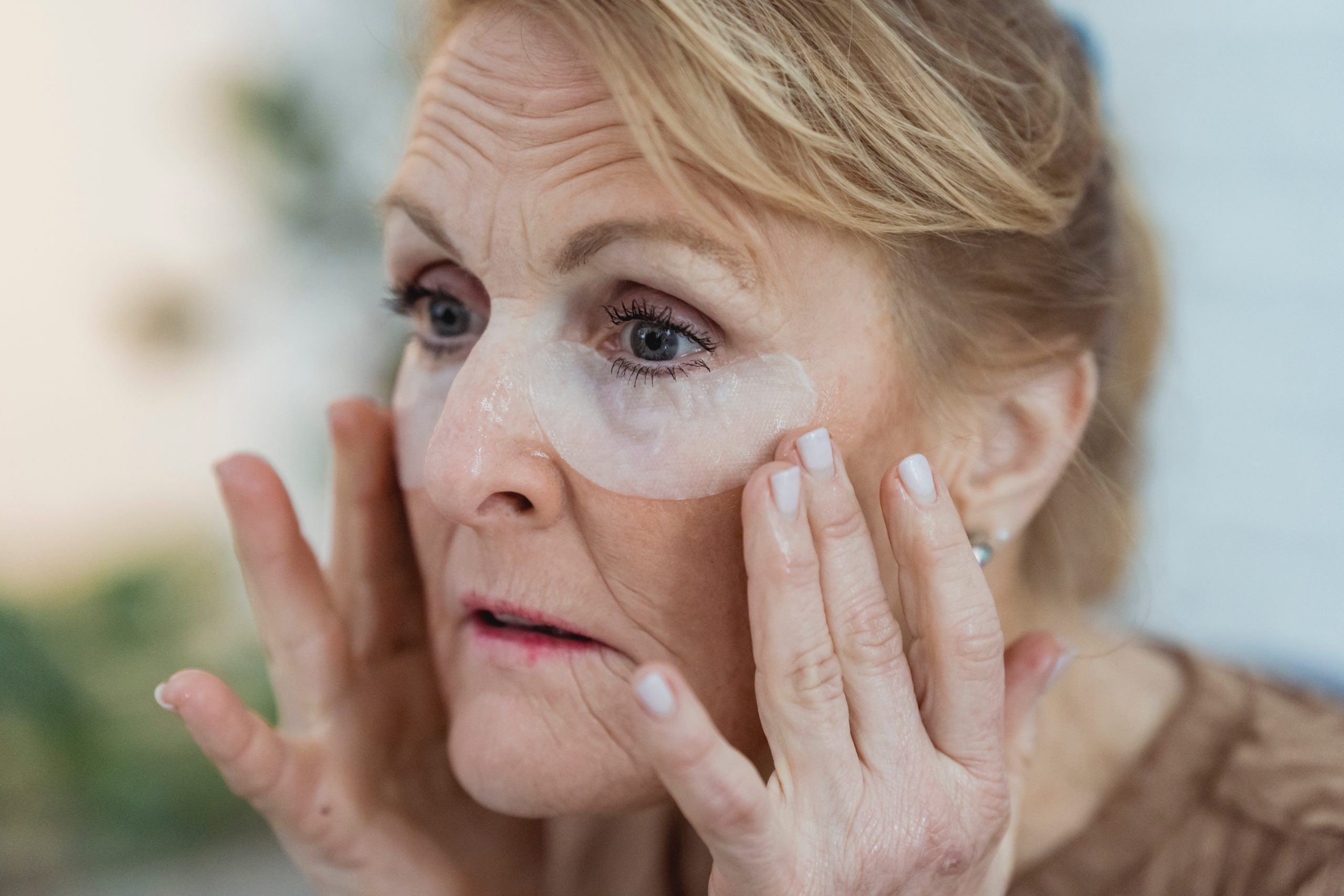
Many people believe retinol is only for mature skin and should not be used by those with young or sensitive skin. The truth is that retinol can benefit all skin types and can be used as early as the twenties to prevent premature signs of aging.
“Retinol can be used in all skin types and ages, but the strength of the retinol and frequency of use should be tailored to each individual,” says Dr. Rachel Nazarian, a board-certified dermatologist and Assistant Clinical Professor at Mount Sinai Hospital Department of Dermatology.
Myth #3: Retinol causes sun sensitivity

Some people believe that retinol causes sun sensitivity, and you should avoid the sun when using it. However, this is not true. Retinol does not cause sun sensitivity, but it can make your skin more susceptible to UV damage. It’s important to use sunscreen with a minimum of SPF 30 and avoid prolonged sun exposure when using retinol.
“Retinol does not cause sun sensitivity, but it can make the skin more susceptible to sun damage,” says Dr. Dendy Engelman, a board-certified and award-winning dermatologist. “It’s important to use a sunscreen with at least SPF 30 and to limit sun exposure when using retinol.”
Myth #4: Retinol causes redness and irritation
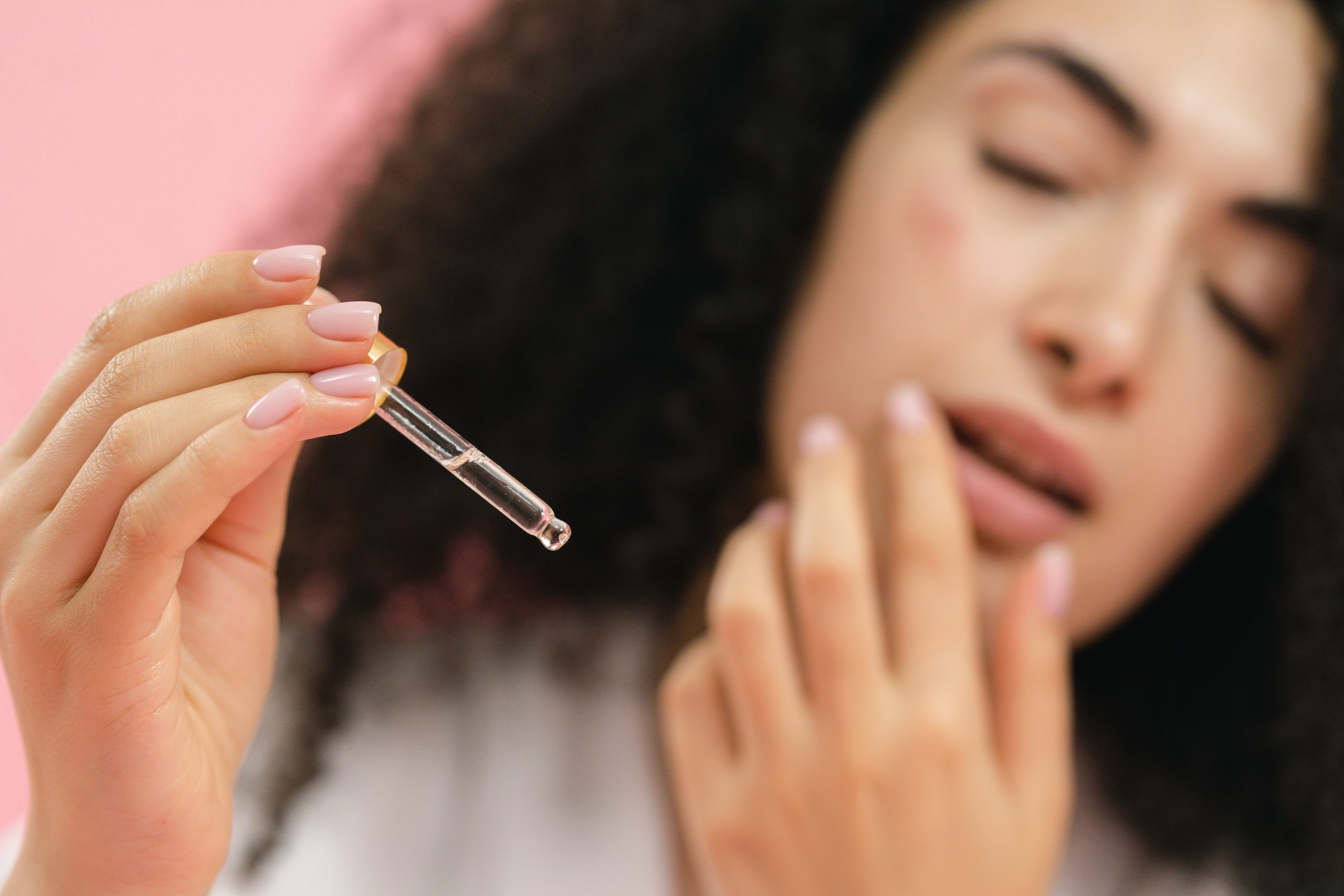
Many people think retinol causes redness and irritation and as a result, stay away from them, but this is not always the case. While some individuals may experience temporary redness and irritation at the initial stage of application, this usually subsides within the first few weeks of use. It’s important to start with a low concentration of retinol and gradually increase the frequency of use to allow your skin to adapt.
Myth #5: Retinol can be used with any other skincare product
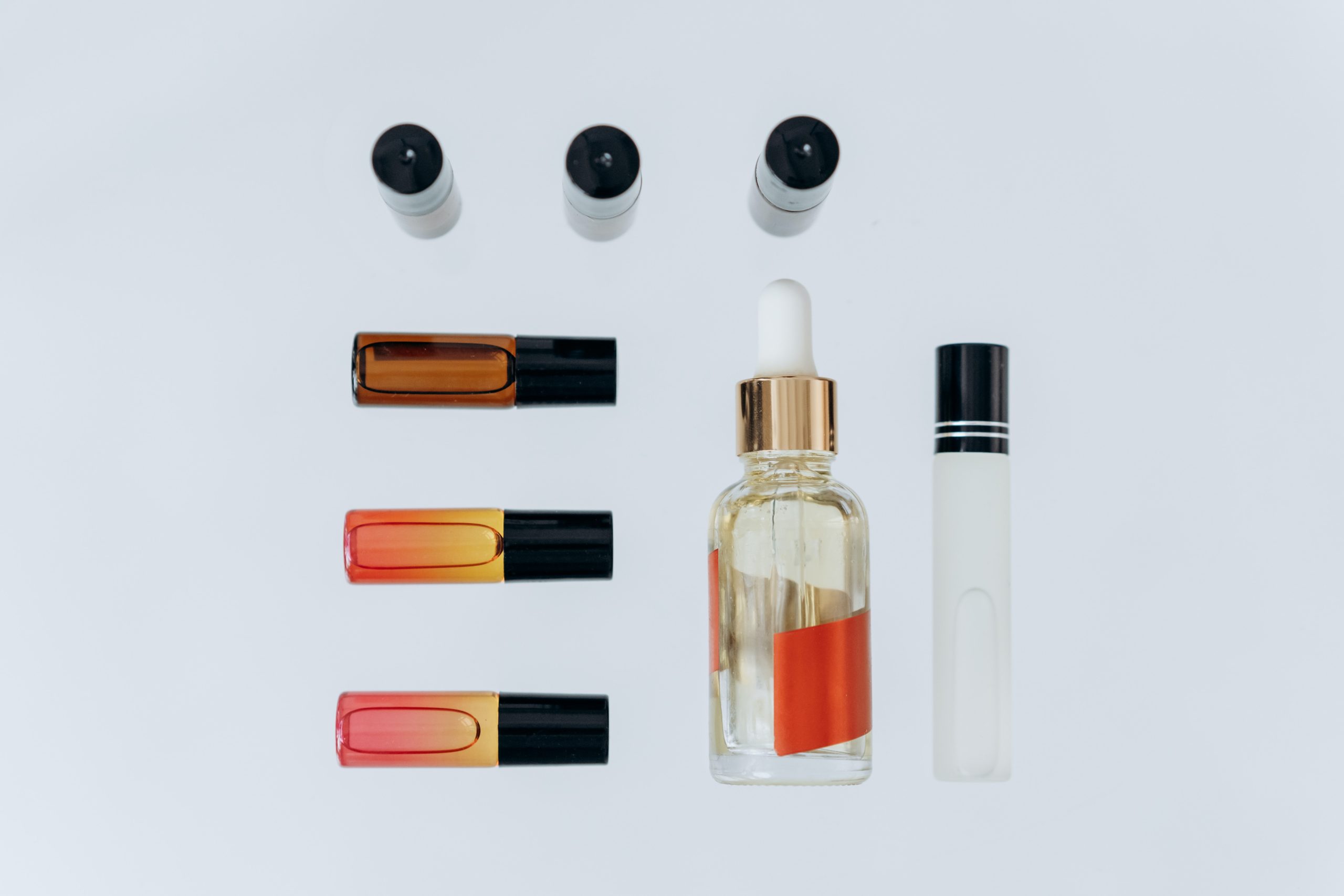
Retinol can interact with certain ingredients, such as Vitamin C, and can cause irritation or inactivate its effectiveness. Always familiarize yourself with the product.
“Retinol should be used with caution when paired with other active ingredients, such as vitamin C,” says Dr. Rachel Nazarian. “It’s important to read the label of your skincare products and avoid using retinol with other active ingredients.”
Myth #6: Retinol can be used by pregnant women

Some people believe retinol can be used by pregnant women, but it is not recommended. Retinol can be absorbed by the skin and can cause harm to the developing fetus. The American College of Obstetricians and Gynecologists recommend pregnant women avoid using any topical or oral retinoids during pregnancy.
“Retinoids, including retinol, should be avoided during pregnancy and breastfeeding,” says Dr. Kelly A. Cordoro, a board-certified dermatologist. “Pregnant women should consult with their healthcare provider before using any skincare products.”
To sum it all up, it’s important to remember that retinol is a powerful skincare ingredient that can provide many benefits for the skin, but it should be used with caution and under the guidance of a dermatologist. By debunking these misconceptions, you can feel more confident in using retinol and enjoy the benefits it has to offer for your skin.
Featured image: @leyla.stefani/Instagram
For the latest in fashion, lifestyle and culture, follow us on Instagram @StyleRave_
This is a Style Rave original content exclusively created for our readers. If reproduced, distributed, transmitted, cached, or otherwise used by any other publishing house or blogs, such use should provide a direct link to this source article. Use of and/or registration on any portion of this site constitutes acceptance of our Terms & Conditions and Privacy Policy.
—Read also
A creative writer with a voracious appetite for fashion, beauty, lifestyle and culture. As one who's passionate about the advancement of the woman, creating content that inspire smart style and living, and positive lifestyle changes is a calling I take seriously. At Style Rave, we aim to inspire our readers by providing engaging content to not just entertain but to inform and empower you as you ASPIRE to become more stylish, live smarter and be healthier. Follow us on Instagram @StyleRave_ ♥



